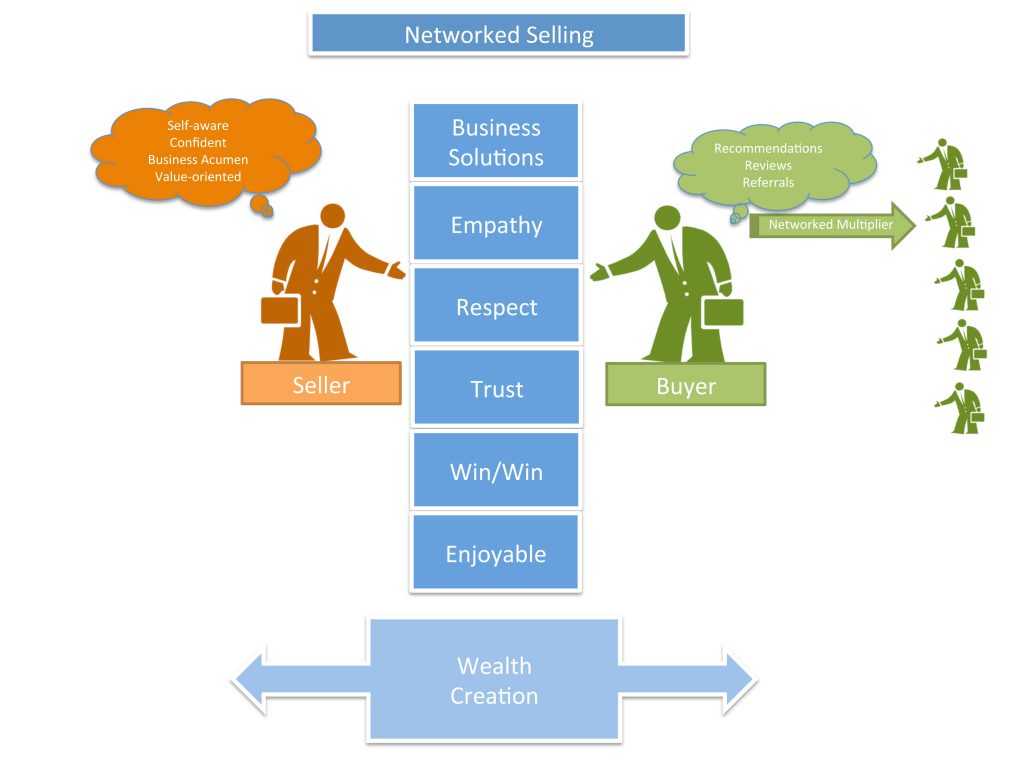While artificial intelligence has been predicted for many years, especially through science fiction movies and television, it is truly now coming to pass. We see it with Apple’s Siri and Alexa from Amazon. We witness it with the navigation systems we have in our cars. We see it in air traffic control, and in the big jetliners themselves.
Why is artificial intelligence important for the future, and what are its limitations? It is this complex and timely topic we’re going to be exploring in my new series of blogs.
First, let’s define artificial intelligence. It could simply be defined as the ability of computers to learn, and to analyze information.
AI Truth Versus Fiction
Because it has now come about and is with us in some areas, many are speculating and dreaming about things that AI cannot yet do, and may never be able to do. These ideas have come from movies and TV shows, not from actual science.
Just as an small example how convinced people can become from fictional sources, my son and his friends were riding in my car the other day, discussing how easy it will be in the future to travel to Mars–it will be able to be done in an instant through teleportation. I had to calmly explain to them that teleportation, according to the laws of physics and despite its many uses in the Star Trek series, is actually impossible.
In a similar way artificial intelligence has been portrayed as a live being encased in a machine body–Lt. Commander Data from Star Trek: The Next Generation, the alluring Rachael from the original Blade Runner film, and of course the notorious HAL 9000 from 2001: A Space Odyssey. The development of AI has come nowhere near this level of cognitive ability.
Support, Not Replacement
It is actually more true that artificial intelligence is supporting humans, not in any way replacing them. We spoke a moment ago about how AI is being implemented on jetliners–but when a complex or difficult situation comes about, a human must take charge. For example, artificial intelligence could never have landed a jet in the middle of the Hudson river and saved all the lives that were saved that day.
Bringing it closer to home–that is, sales–a prediction that’s been tossed about over the last few years is that millions of sales jobs are going to be replaced by artificial intelligence. I hold forth the exact opposite prediction–that instead salespeople will be incredibly assisted by artificial intelligence, and will be able to sell like never in history. AI will be supporting different roles in a company such as SDRs, sales reps, customer success manager, or even the sales manager. And in this series we’re going to get to the truth of this, not continuing the unrealistic hype that currently exists.
Networked Selling
One element that shows a line clearly drawn between human and machine, when it comes to sales, is our Networked Selling system. This system is clearly how sales must be conducted, at least on a B2B level, in today’s digital networked society.
Network Selling contains a number of factors that could never be performed by artificial intelligence. How could a computer ever respect someone? How could trust be built by a machine with a human? And how com a computer ever truly feel and express empathy? These are clearly some of the sharp limitations of artificial intelligence.
Getting to the Core
Just as a side note, I disagree with evolving and utilizing complex and hard-to-understand terminology to describe AI, as a number of my competitors are currently doing. In the end this does little more than confuse those who have to interact with AI: the users. In a parallel example, if you’re laying there in a hospital bed, and 2 doctors are in the room discussing your case in terms you could never understand, you’ll be nothing but upset. No matter how complicated something is, it can be explained in relatively simple terms. Even Jesus, when he had to explain complex philosophical ideas as part of his talks, used parables–simple stories–that served to illustrate the principles he was communicating. So in explaining AI, I believe we need to use everyday terms that people can relate to.
In forthcoming articles in this series, we will go into detail as to where AI makes a lot of sense, and where there are serious misconceptions of what computers can do. Despite the widespread success of AI today, especially in marketing, we have to dive deeper and examine where it is logical to to use AI and where it isn’t.
There is no question that artificial intelligence will continue to grow. Simply look at the sheer volume of programming occuring today. The online open-source code repository GitHub has some 24 million programmers registered, with 68 million repositories for various projects being worked on. Programming is only growing exponentially–and the result will surely be more and more powerful artificial intelligence.
Come with me as we explore this fascinating topic that will impact us all.
Pipeliner CRM precisely empowers sales. Get your free trial of Pipeliner CRM now.




















Comments